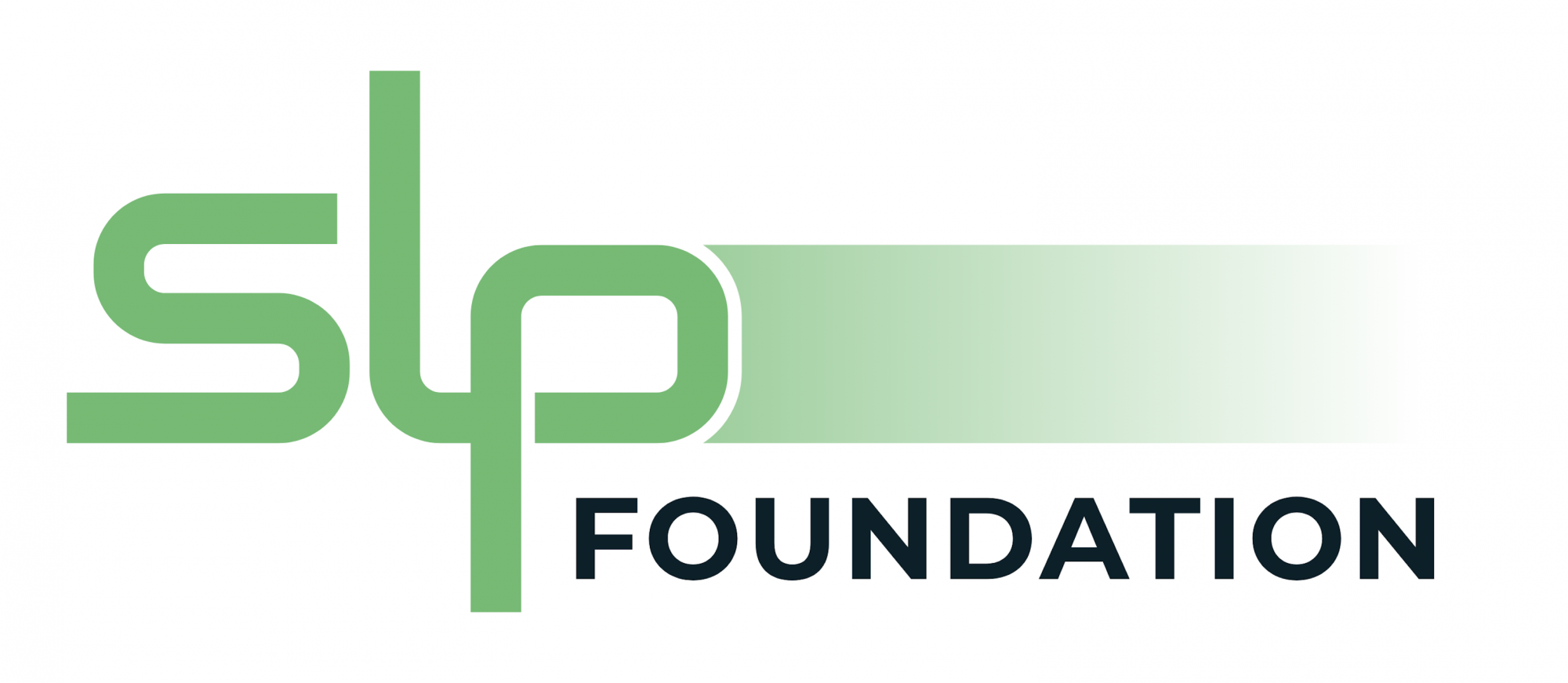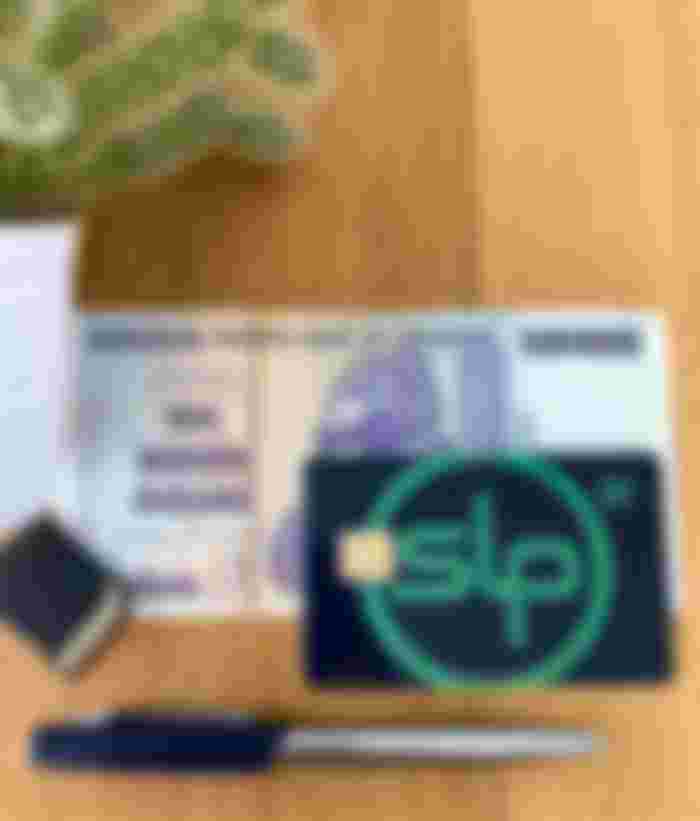SLP Foundation Update - What Have We Been Working On?

From Here to There
The origins of the Simple Ledger Protocol (SLP) goes all the way back to April 2018. James Cramer incepted the idea of a simple equities (stock shares) solution built directly using the OP_Return function on Bitcoin Cash.
Soon after, Cramer published a conceptual specification for the SLP protocol.
At the time there was a bunch of competing token solutions, as many as 10 different proposals. Lots of people in Bitcoin Cash were thinking about how to do token solutions directly on-chain. A lot of these were technically difficult and required node changes.
It was rapidly adopted due to the design ideology of not needing consensus or serious rule changes to implement.
As the SLP idea gained traction, other Bitcoin Cash fans like Mark B. Lundeberg, Calin Culianu, Jonald Fyookball, and more came to help finalize it.
In the end, Cramer pushed ahead and with the blessing of many others, published the now-famous type 1 token spec.
The rest as they say is history.
Snapshot of the Current SLP Ecosystem
With a growing ecosystem of tokens worth real money such as SPICE, HONK, DROP, USDH, FLEX and SAI and growing more and more. In the past year, SLP was rapidly adopted by exchanges such as Coinex, Coinflex, Bitcoin.com, Cryptophyl and Sideshift.
This culminated in the formation and funding of the SLP Foundation November last year by many big BCH players, with the goal of supporting developers and businesses in the budding ecosystem.

Recently using new tech developed, a collaboration between Bitcoin.com, Bitfinex and the SLP Foundation has culminated in USDT becoming a new addition to the SLP ecosystem with Tether minting 6 million USD of SLP USDT tokens on its first day of release.
We are confident more and more projects will come to see SLP as an attractive token solution to build on. In return, this spurs more exchange adoption.
On the side, we have been talking to builders working on SLP projects.
We know more stable coins, DEFI, decentralized exchanges, games, reward points, crowdfunding, and green energy technology are working hard to become the next big hits in SLP.
So over on the technical side, what has the SLP Foundation been working on so far?
Improvements to Speed, Compatibility, and Usability

Since established in November 2019, the team has been hard at work coding and collaborating with devs behind the scenes.
Great improvements have been made to SLP-DB's speed. The sync time has been reduced from days to hours, along with many other optimizations that increase efficiency with deployment and usage.
Unit tests and good practices for developers have been developed to aid developers in making sure their application is good to go for commercial launch.
A graph search server was built in C++, known as GS++ validator. This was integrated with the Electron Cash SLP wallet, greatly increasing wallet sync times for SLP tokens with large histories. This also paved the way to completing improved fuzzing suites.
Fuzzing suites using AFL, allows thousands and thousands of generated transactions per section to quickly iron out disparities between different SLP implementations. This means for example there would be no compatibility issues in execution between SLPDB and Electron Cash. In other words, squashing many scaling issues and edge-case bugs.
We are even going further with work on many small tools such as: SLP decoder, tx decoder, crash fuzzing and graph fuzzing.
The increase in island tools means SLP can now be easily integrated with our new micro libraries SLP Parser and SLP Metadata maker, which can be easily ported to different languages for compatibility.
SLP-Light, Our Rapid Multi-Tool Solution
One of the biggest things we have been currently working on at the SLP Foundation is reviewing the current tech stack. Brainstorming and collaborating with other teams on how we could drastically improve the experience for developers and businesses.
The current tech stack involves either spinning up your own node which includes having to set-up SLP DB, or using SLP-Js or some form of trusted validation (e.g. bitcoin.com rest API). After some review, it was decided that for various reasons, neither solutions are currently as frictionless as it could be for devs and businesses who want to quickly onboard SLP.
Spinning up SLP-DB and related dev applications setup takes a lot of effort, and current REST API solutions do not guarantee uptime and maintenance, in addition , SLP-JS is a relatively large library. These are just a few reasons why we think a new tool is required.
This means moving forward we need to offer something better for developers who want to build apps and play with SLP quickly.
In comes SLP-Light.
Soon to be released, the SLP's Foundation's collaboration with Bitcoin.com. Based on some code developed by Cryptophyl and Detoken’s Semyon Germanovich, and taken on by SLP Foundation’s Lead Developer Jt Blockparty Freeman and Andreas Larsson, Lead Backend Engineer at Bitcoin.com
The success of putting USDT has been the result of Bitfinex adopting SLP-Light as a solution.
SLP-Light is a wrapper layer of code built on the great Bitcore Lib Cash library by Bitpay which has received acclaim from almost all the developers in SLP space.
SLP-Light extends Bitcore Lib Cash’s libraries with easy to use SLP functionality, with enough functionality for most use-cases businesses with SLP projects will need to implement SLP.
You can plug and play different things for getting utxos for bch or slp, and the same for broadcasting transactions, single library that can interact with all these different backends, use bitcoin.com’s REST, Fountainhead or any node. You could use your own node, but you don’t have to, you can just use validators online. High customizable and incredibly lightweight.
SLP-Light is currently undergoing testing and is in beta.
In addition to this, a successful Flipstarted fundraiser has created plans for BCHD to index SLP directly. The SLP Foundation and James Cramer are working intensely with BCHD to work towards a BCH node that indexes SLP transactions without the running of SLP DB, and we hope that other nodes will also implement SLP indexing using BCHD’s code. (Check out the work here).
The Future of SLP Technology Stack

We believe together these two developments (SLP-Light and BCHD) will pave a path to a much more compact tech stack option for developers and businesses looking to build.
Importantly, this opens a pathway for a much easier pathway for exchanges to add SLP tokens, as the technical resources they need to devote to adding SLP tokens reduce significantly.
This doesn’t mean that SLP-DB is redundant. For more complicated functionality, developers can always use the current tech stack, including SLP-DB or whatever fits their development goals.
Finally, work has been done to modularize various functions that previously were all done using a single library. Allowing developers to easily add the functionality they need rather than loading a single large library every single time. (Examples are SLP-parser, SLP metadata).
Beautiful Documentation for SLP Developers and Post Office Protocol

At the SLP Foundation, we believe navigation for budding SLP developers could be improved greatly by beautiful and concise documentation. Collaboration with bitcoin.com to cross-reference and not have developers embracing libraries or solutions that are no longer well maintained.
The ultimate goal is to grow and retain our developer base.
Therefore we are actively developing our SLP documentation site, which will serve as the new convergence point for all SLP documentation on all tooling available with tutorials. The first which has just been merged here on Setting Up SLP for Devs, alongside a budding array of guides and useful information for devs.

We also started on funding an open-source implementation of the Post Office Protocol. You can see a USDT transaction made using the Post Office Protocol server stamp here (No BCH needed!). As well as an early video demo here.
Once testing with Electron Cash SLP is complete we will release the implementation for all to build with.
We are also excited that commercial adoption of the Post Office Protocol is happening. Our view at the foundation is to never end up offering commercial solutions that compete directly with private enterprises, sticking to our philosophy as a non profit entity.
All-together, we paint a picture of the future architecture of SLP. One that is easier to adopt for anyone looking to build for SLP, a better experience for the entire ecosystem, bolstering the attractiveness of the ecosystem.
What’s next for the SLP Foundation?
Our work has only begun, and there is much to do. In the coming months, we want to work with businesses to adopt the NFT1 standard, make SLP libraries available for more languages, and more.
We have a very exciting project we are looking forward to revealing more details about, called the Rewards Tools. Lead by SLP visionary James Cramer, working with the foundation. This will be an evolution of the beloved dividend/airdrop functionality in more ways that one.
Currently, we are starting the early work on making the next SLP hackathon bigger and bolder.
The future has not been built yet, and SLP together with Bitcoin Cash can be at the forefront of building use-cases for the future economy.
Let’s build something truly global, truly game-changing, and truly simple.
-The SLP Foundation
If you have a project we have not heard about, always feel free to swing by SLP's Telegram Group and ask for the SLP Foundation.







If every body have a project people have not heard about, always feel free to swing by SLP's Telegram Group and ask for the SLP Foundation.